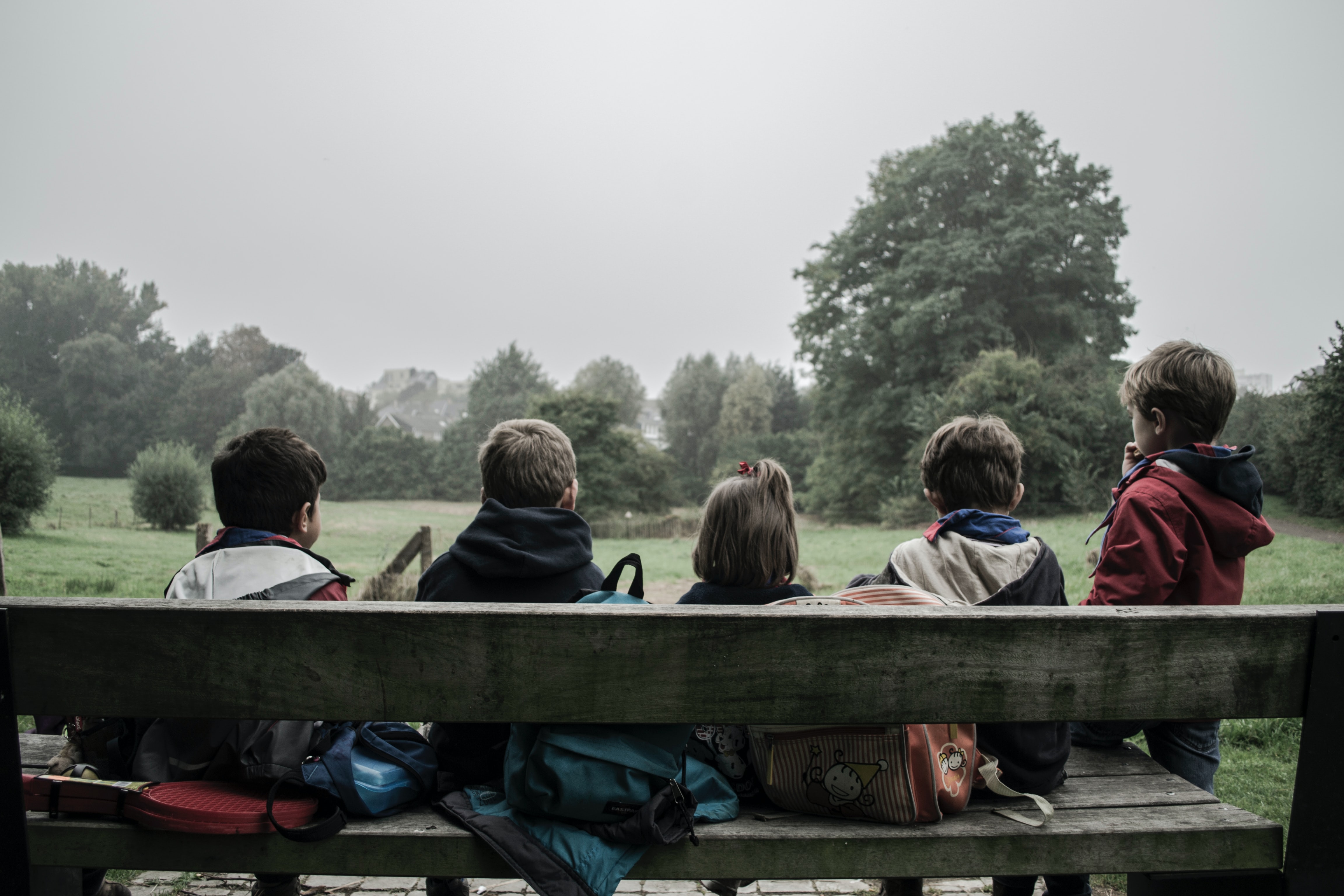In brief
In this – our second blog exploring the field of relationships – Iona Lawrence and Immy Robinson ask for your help in finding something we can all gather around. You can read the first blog, which lays out what we’re up to, here.

Field building proponents Bridgespan explain that at the heart of a field lies a clear purpose. So in this blog we share some initial thoughts on approaches to defining the parameters of the field of relationships and ask for your ideas, comments and critique of the options we lay out.
How other fields articulate their shared purpose
Finding something we all have in common. Sounds simple enough. But when it comes to what Bridgespan calls an emergent or growing field there is both an art and a science to finding the sweet spot that brings a field together. It comes down to the language used and the framing of the common purpose, moral idea, common enemy or shared principles.
Done well it offers enough substance for people to organise around and in doing so helps to demarcate the field as unique, actionable and coherent.
Take palliative care. The field’s shared purpose is to relieve suffering and improve the quality of life of patients who are likely to live through periods of medical crisis before dying. This is a strong, clear moral idea on which the emergent field in the late 20th century could attract supporters, stimulate alliance building, and mobilize attention (for more information see the introduction to this report from the Kings Health Partners, or Ditillo et al, 2002)
Take democracy. In recent months Joe Mitchell has been exploring the relationships and networks amongst those working on democracy. The majority of people he’s spoken with believe that there is a field that they are part of with their shared identity being that they are all pursuing democratic ideals.
Take the fields of childhood obesity prevention or childhood tobacco cessation (Ballard et al, 2018). Both these fields have a clear moral idea and a strong sense of a common enemy.
Finding something we can all gather around
What all these different field framings have in common is that they offer enough of something for people to hold on to and organise around, without requiring absolute consensus or shared and unified approaches to everything done in the field.
In our opening blog we wrote: ‘We believe that everything works extraordinarily better when ordinary relationships are valued: people are happier and healthier, communities are stronger and more resilient, and organisations and services are more effective and efficient.’
Our hunch is that this framing is a useful start but isn’t the common purpose or identity for the field.
First, who other than a small minority of people would disagree with it? Put another way – is a field actually a field if there’s no one who isn’t in it?
Second, is it energising enough? In our conversations so far there seems to be a feeling that it doesn’t create enough of a gravitational energy to pull disparate actors in the field towards one another and incentivise collaboration. To this end, is the language of ‘relationships’ even the right or best language for us to be using if we want to reach beyond our immediate bubbles?
Emboldened by advice from those who’ve been at field building much longer than we have, we set out three potential approaches to defining and demarcating the field of relationships and invite you to critique, champion or propose entirely an entirely different approach.
Option 1: A moral idea
A moral idea articulates something that is right or just – a guiding idea that underpins and even drives behaviours within a system. Moral ideas can help to bring people from across the field together, stimulate collaboration and mobilize attention. The moral idea at the heart of the relationships field could be described as:
Carnegie UK use of the language of kindness in their work on relationships. Further echoed in the activism and leadership of Kim Leadbeater, the sister of Jo Cox in her work encouraging people to reach out to neighbours as part of the Great Get Together in memory of her sister. You’d never catch Kim sitting on the breakfast telly talking about ‘relational practice’. But it’s really the same moral idea she’s appealing to.
Option 2: A shared enemy
A shared enemy is another way to bring people together and incentivise collaboration. Unlike a moral idea which paints a picture of what the world should be, a shared enemy brings people together in a fight against an existing threat, creating a sense of jeopardy and urgency. The moral enemy the relationships field is united against could be described as:
Option 3: A set of shared beliefs
Or perhaps it’s a set of shared beliefs about why relationships are important and how we can build them that could tie people who share a commitment to relationships. Some shared beliefs might include:
- Everything works better when relationships are valued.
- Relationships are not an alternative priority to better schools, safer streets or stronger communities – they are the making of it all.
- Good relationships vary from place to place, but all share some common characteristics: they are personal, mutual, warm and trusting.
- We can all play a part in building better relationships, given the permission, autonomy and resources.
- There are some shared approaches, resources and infrastructure that Relationships Makers from all different sectors can benefit from.
What do you think?
Which of the 3 options, or is it something else entirely, that excites or moves you? Which expression of relationships could move you towards connecting and collaborating with other people and organisations with whom you share this belief? Please share your thoughts via this survey or by emailing us. We’d love to hear from you.
Read more

The ‘miracle’ of NEWPIN
In Lockdown and Deep Tissue Damage Sam wrote about the challenges that will remain when the worst of the pandemic is over. Relationships within families, particularly in families that were already struggling pre Covid, is an area of particular concern. Here...

Building connections to tackle our cultural isolation
In this blog Isabella McDonnell shares her thoughts on how deepening our understanding of home, identity and belonging can help our relationships to flourish. Isabella is a dispute resolution paralegal and future polyglot, exploring the intersection of psychology,...
